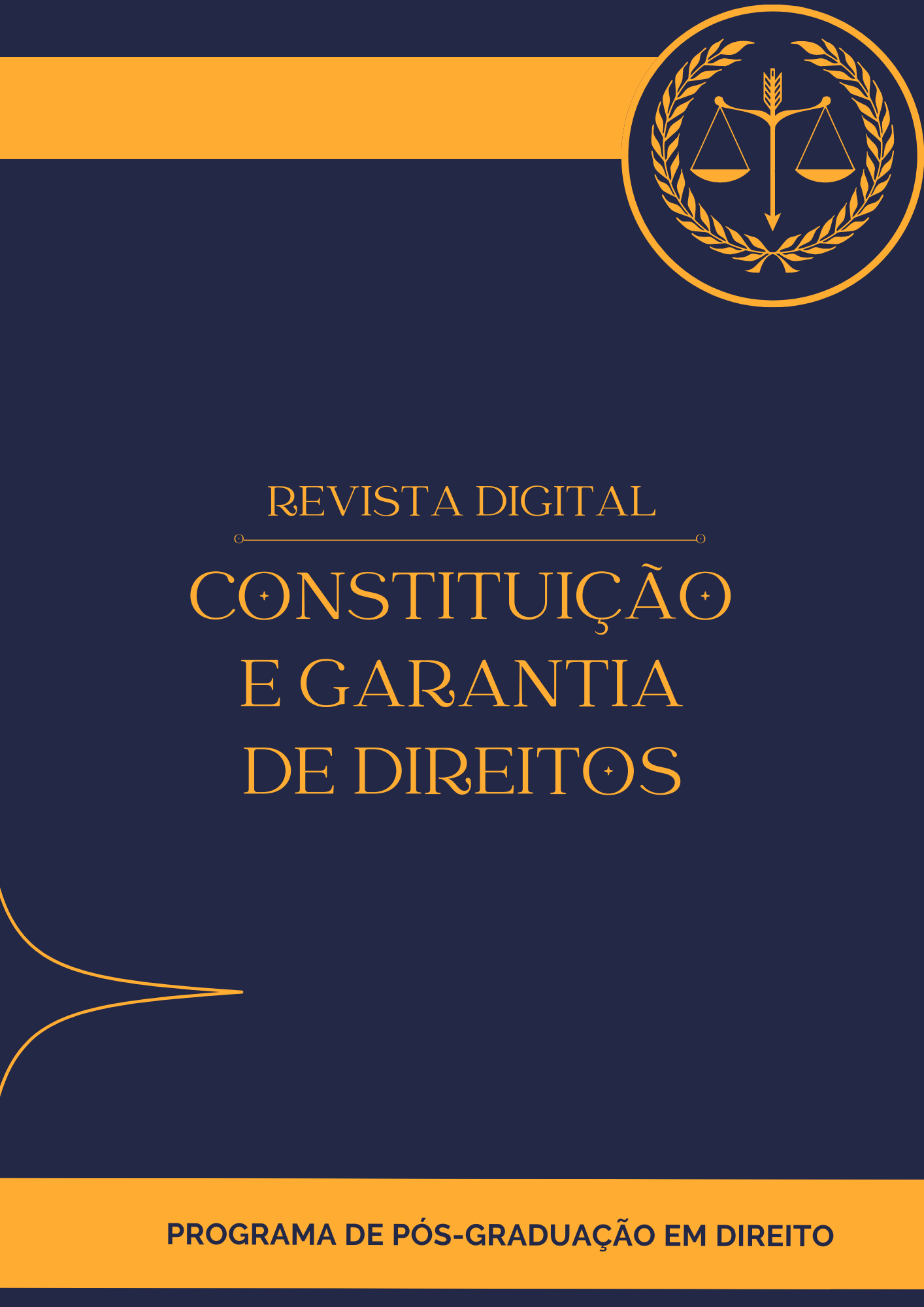O PRINCÍPIO DA DIFERENÇA DE JOHN RAWLS À LUZ DO DIREITO TRIBUTÁRIO
DOI:
https://doi.org/10.21680/1982-310X.2021v14n2ID24823Abstract
Based on the Principle of Difference by the American philosopher John Rawls, this article aims to analyze how social and economic inequalities are accentuated through the Brazilian tax system, which has a tax matrix focused on taxation on the consumption of goods and services, which burden the poorest population. This study seeks to examine the main ideas of Rawls’ Theory of Justice, the original position, and the principles of justice, focusing on the principle of difference on tax law. To this end, the first chapter examines Rawls’ conception of justice as equity, as well as the fundamental principles that guide his theory of justice and form the basic structure of society. The second chapter examines in greater depth the principle of difference, which finds the basis for the principle of equality, and presupposes that inequalities are allowed as long as they benefit the least benefited people in society. The third chapter examines how tax law can be an effective social mechanism in reducing socioeconomic inequalities, not only through income redistribution, but essentially through more equitable taxation, which least burdens the consumption of goods and services.
Downloads
Downloads
Published
How to Cite
Issue
Section
License
Copyright (c) 2023 Revista Digital Constituição e Garantia de Direitos

This work is licensed under a Creative Commons Attribution-NonCommercial-ShareAlike 4.0 International License.
Autores mantêm os direitos autorais pelo seu artigo. Entretanto, repassam direitos de primeira publicação à revista. Em contrapartida, a revista pode transferir os direitos autorais, permitindo uso do artigo para fins não- comerciais, incluindo direito de enviar o trabalho para outras bases de dados ou meios de publicação.





